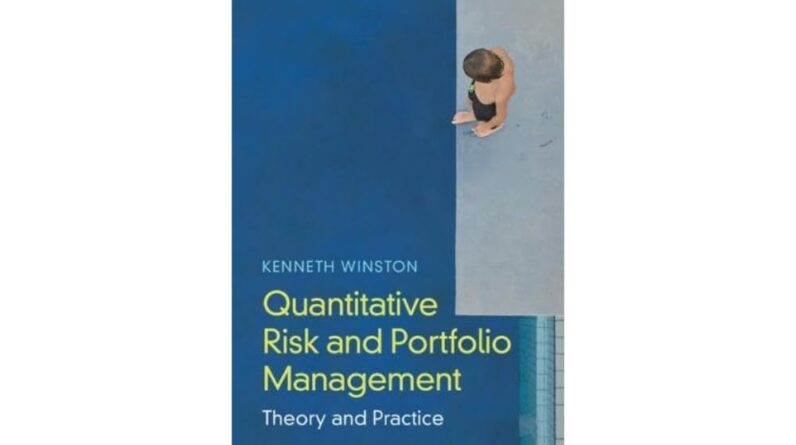
A Wealth of Well-Being: A Holistic Approach to Behavioral Finance. 2024. Meir Statman. John Wiley & Sons.
In A Wealth of Well-Being, Meir Statman, the Glenn Klimek Professor of Finance at Santa Clara University and a prominent thought leader in behavioral finance, explores how financial well-being can lead to life well-being through the third generation of behavioral finance.
The first generation describes people as “irrational,” whereas the second generation describes them as “normal.” Statman likewise describes people as “normal” but broadens the lens of finance to see them as whole persons and show them in life well-being domains, including dating/marriage, family, friends, health, work, education, religion, and society.
Financial well-being is a critical element (domain) of life well-being, but it is life well-being that people ultimately want. The book combines scientific findings by scholars in various fields, such as finance, economics, medicine, psychology, and sociology, with practical stories that provide insights into those findings. This important book informs financial advisers, financial planners, financial academics, and investors about the third generation of behavioral finance’s focus on well-being as people’s primary want and on ensuring that finances are integrated into lifestyle to achieve both financial and life well-being.

According to Statman, having more money (greater financial well-being) is correlated with higher levels of life well-being, but money alone is not everything and money is not sufficient when we assess people. Social status, for example, matters for life well-being. The main goal of the book is to help readers reflect on what goes into their life well-being, including what makes life worth living, as well as insights into how managing financial well-being can optimize the portfolio of life choices.
I found Statman’s conclusions on education, health, and work to be most insightful and relevant for myself. Although education costs money in tuition and living expenses, it enhances well-being by the utilitarian benefits of better employment and higher income and by the expressive and emotional benefits of increased knowledge, lifelong friendships, and high social status. People experiencing high life well-being enjoy high perceived health, low self-reported pain, and low medical risks, with mental illness being the best single predictor of low evaluative well-being.
According to Statman, we derive utilitarian benefits from our work in the form of earnings, but we also derive expressive and emotional benefits from our work through identity, meaning, community, dignity, and pride. Work enhances well-being, and well-being enhances work prospects and income. People who work longer live longer. High employee well-being leads to high employee productivity, high customer loyalty, and increased profitability. Unfortunately, few people are fortunate enough to enjoy well-being in all the domains.
One way wealth advisers can benefit from this book is through Statman’s suggestion that they evolve into well-being advisers if they are to compete for today’s clients and clients of the future because many of the traditional services of financial advisers are now generic. Financial advisers provide advice on asset allocation and rebalance portfolios, but so do robo-advisers at a lower cost. Robo-advisers, however, cannot serve as well-being advisers, which is a potential competitive advantage for financial advisers. By becoming friends with their clients, financial advisers obtain an understanding of what is going on in the lives of their families and children.
In summary, A Wealth of Well-Being is a thoughtful and practical book with research backing much of Statman’s advice. Finance practitioners can benefit from his challenge to make finance an “afterthought” and spend more time thinking about our life well-being. The domain of finances is only one of the many domains of life well-being, yet it has a uniquely important place because it underlies all other domains, since money is needed to pay for food, shelter, education, and religious contributions and to maintain our health.






